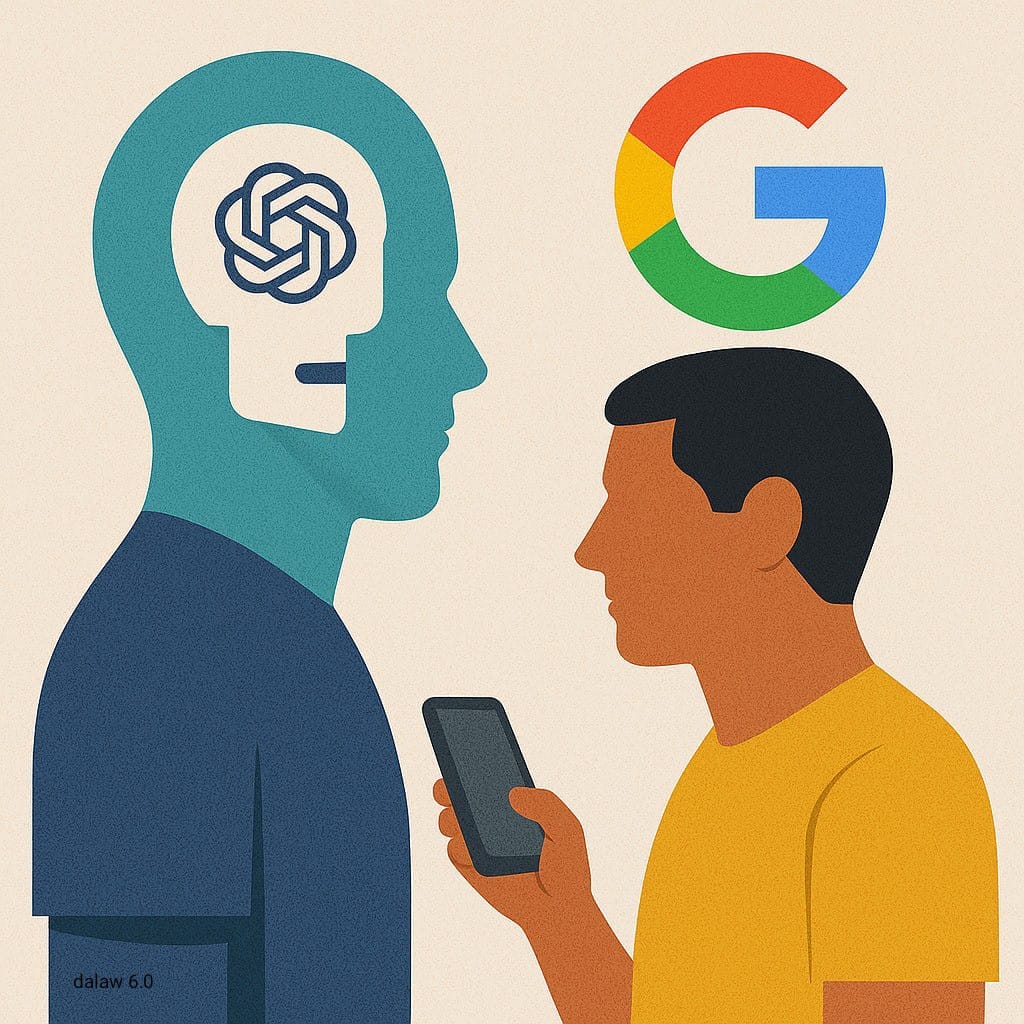The Battle of ChatGPT vs. Google
AI systems like ChatGPT are changing how we search and think online. But Homo Googlis—the digital-age human—isn't obsolete. He’s evolving, navigating a new world where he must learn to use both AI and Google wisely or risk being controlled by the tools he once used.




